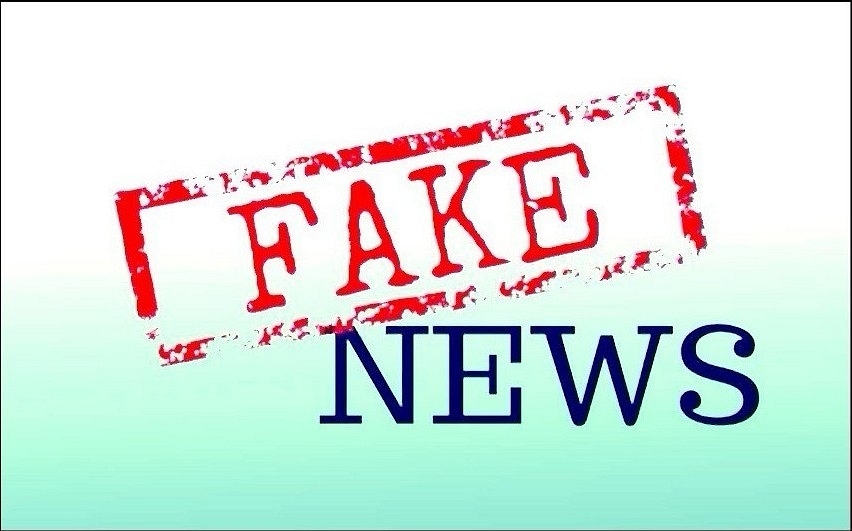Insta
Preachy Tongue And Actions Foul, An Old Colonial Habit: BBC Puts Fake Label Of ‘Fake News’ On The Better India, Apologises

Representative image (pic via Facebook)
In a surprising turn of events, BBC has apologised to The Better India for including its name in the list of ‘fake news’ outlets.
Santanu Chakraborty, Head of Audience Insights, BBC World News responded to the email complaint from The Better India’s founder Dhimant Parekh and attributed the mistake to ‘human error’. Following is the text of the reply by the BBC journalist to Dhimant Parekh as shared by latter on Twitter:
“We have looked into your concern and found that we made a human error while scanning a wide range of media for our report on fake news. The Better India should not have been included and we would like to apologise to you for this mistake,” wrote Mr Chakraborty adding that the report had been amended accordingly.
Parekh, however, has termed it a ‘shoddy job’ and demanded a public apology from BBC, amongst the oldest broadcasters and the largest in the world by the number of employees.
Twitterati have since joined Parekh in criticising the ‘half-hearted’ apology and the snobbish tone of the email which treats a serious mistake as a small grammatical one attributed to ‘human error’.
The controversy erupted after BBC’s recently released report on fake news named several media organisations, news websites and personalities as fake news peddlers.
Among some notables are R Jagannathan, Opindia.com and Republic leading to accusations of an ideological bias in the the BBC report.
Many of these outlets and personalities have strongly criticised the report and demanded evidence for the charge.
Not only the categorisation of ‘pro-BJP’ and ‘anti-BJP’ clusters in the report is subjective and questionable but it also uses a flimsy criteria of ‘known to have published at least one source of fake news’ for the labelling - which can incidentally implicate many mainstream outlets including the BBC itself as ‘fake news’.
In light of the recent revelations, it is only pertinent to ask whether BBC’s decision to call 2008 Mumbai attack terrorists as ‘gunmen’ and reporting that India funded MQM party in Pakistani general election without any authoritative sources will come under the purview of fake news. The report, evidently, fails to take into account the manufacturing process of ‘truth’ while discussing fake news.
It remains to be seen whether as a self proclaimed front-fighter of fake news, BBC will issue a public apology for spreading fake news about The Better India, as demanded by latter’s founder.
Support Swarajya's 50 Ground Reports Project & Sponsor A Story
Every general election Swarajya does a 50 ground reports project.
Aimed only at serious readers and those who appreciate the nuances of political undercurrents, the project provides a sense of India's electoral landscape. As you know, these reports are produced after considerable investment of travel, time and effort on the ground.
This time too we've kicked off the project in style and have covered over 30 constituencies already. If you're someone who appreciates such work and have enjoyed our coverage please consider sponsoring a ground report for just Rs 2999 to Rs 19,999 - it goes a long way in helping us produce more quality reportage.
You can also back this project by becoming a subscriber for as little as Rs 999 - so do click on this links and choose a plan that suits you and back us.
Click below to contribute.
Latest